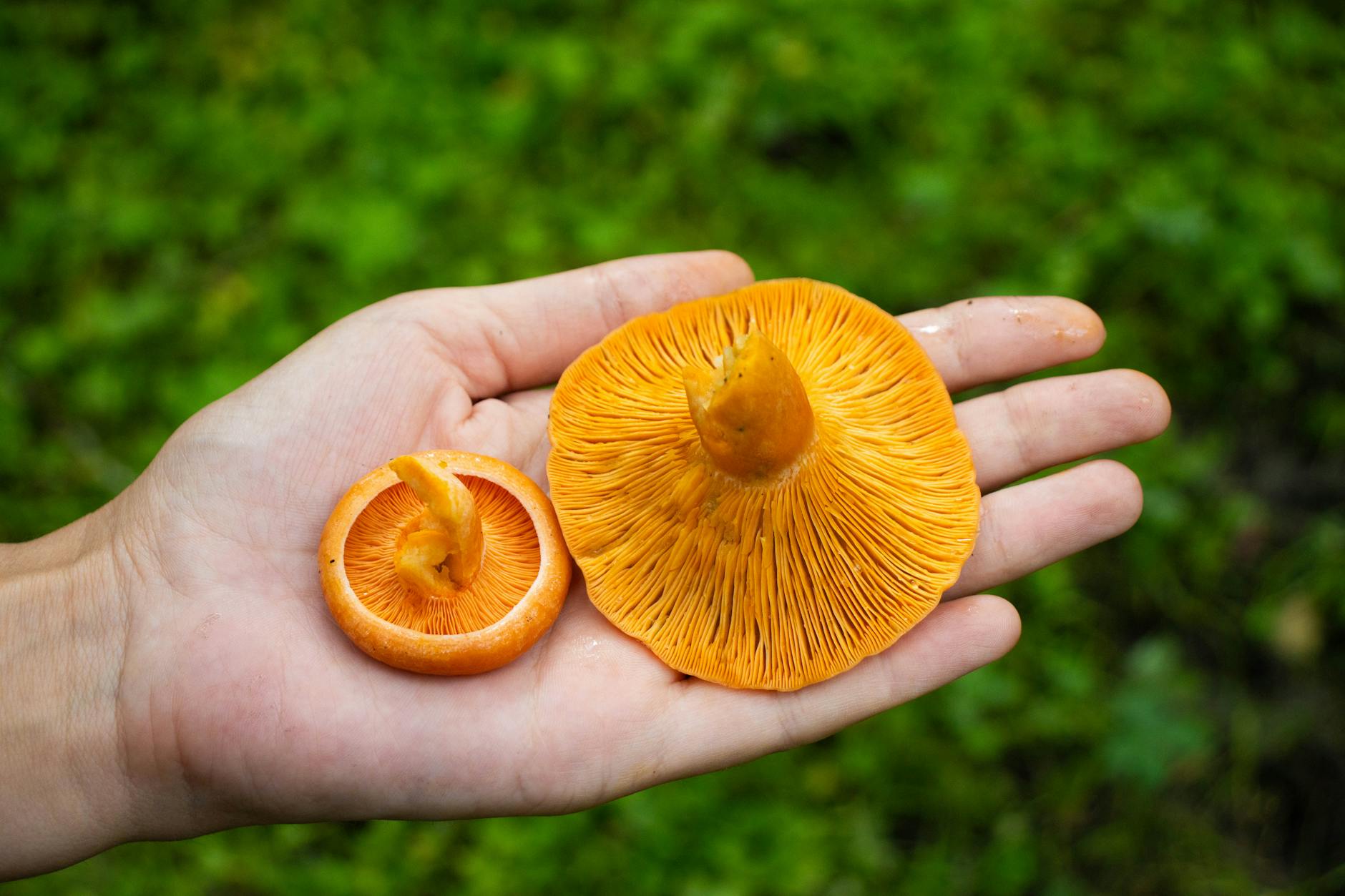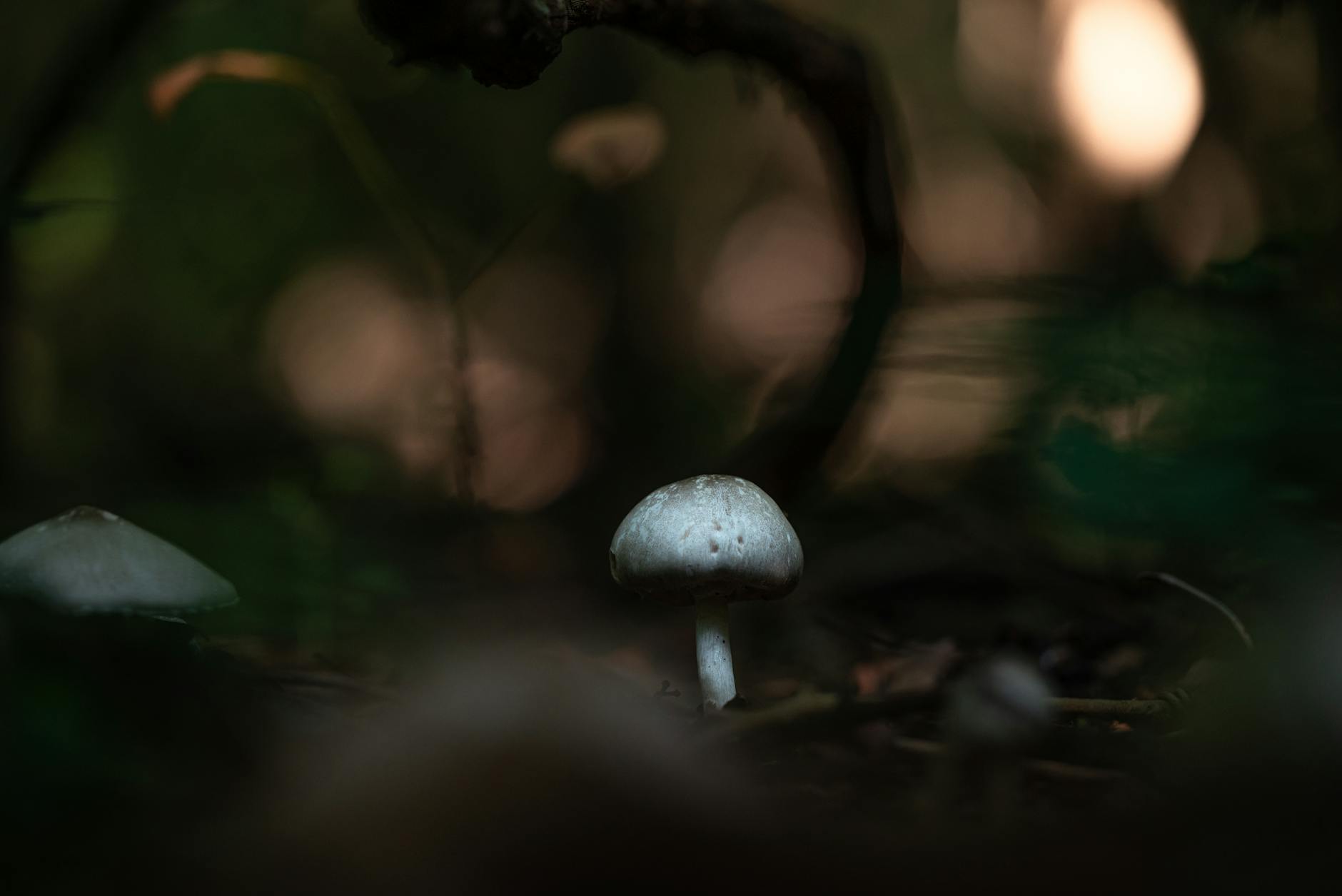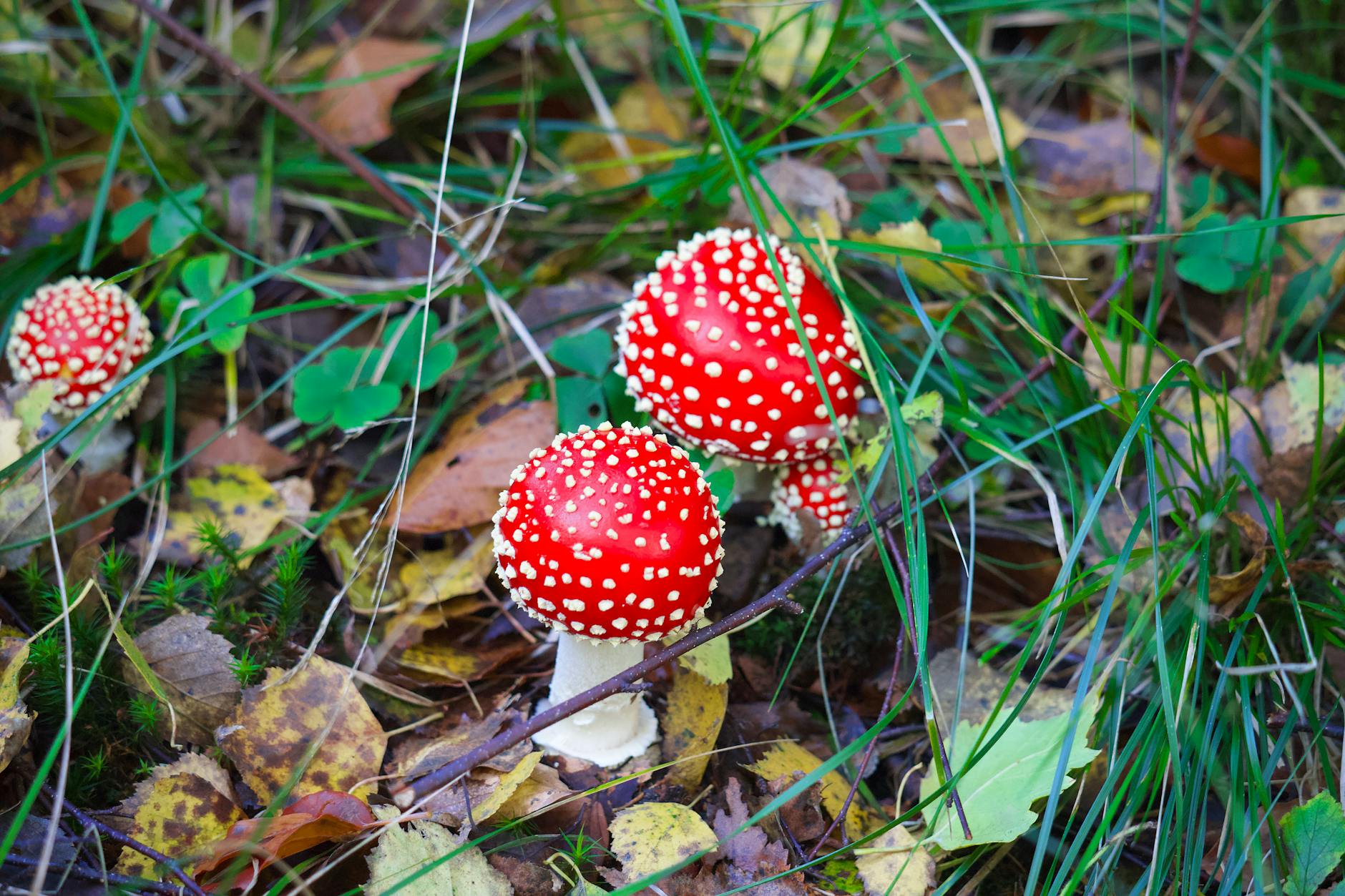The Importance of Sustainable Foraging for Conservation
Sustainable foraging is a practice that involves harvesting natural resources, such as mushrooms, in a way that ensures the continued health and abundance of the ecosystem. Effortless mushroom harvesting for conservation is not only achievable but essential in preserving biodiversity and ecosystems. As the popularity of foraging grows, it is crucial to educate individuals on sustainable practices to protect our environment for future generations.
The Ethics of Foraging Sustainably
When it comes to foraging for mushrooms or any wild food, ethics play a vital role in ensuring the long-term health of the ecosystem. Sustainable foraging involves harvesting in a manner that allows the mushroom populations to replenish and thrive. This means only taking what is needed, respecting the environment, and understanding the local regulations and guidelines for foraging.
Sustainable Foraging Techniques
To practice sustainable foraging, there are several techniques that can help minimize the impact on mushroom populations. One key principle is to harvest selectively and avoid overharvesting in one area. By spreading out foraging activities and leaving some mushrooms behind, you can allow the fungi to spread their spores and regenerate.
Choosing the Right Tools for Sustainable Foraging
Using the right tools is essential for sustainable foraging. Opt for a knife and basket instead of pulling mushrooms out of the ground, as this can damage the mycelium network that supports the fungi’s growth. By using a knife to cut the mushroom at the base, you can harvest the fruiting body while leaving the mycelium intact for future growth.
The Role of Conservation in Sustainable Foraging
Conservation plays a vital role in sustainable foraging practices. By supporting and participating in conservation efforts, foragers can help protect critical habitats and ensure the long-term survival of mushroom species. Conservation organizations often provide resources and guidance on sustainable practices, making it easier for individuals to forage responsibly.
Community Involvement in Sustainable Foraging
Engaging with the local community is another important aspect of sustainable foraging. By connecting with other foragers, sharing knowledge, and promoting ethical practices, individuals can collectively work towards conserving mushroom populations and their habitats. Community events, workshops, and foraging groups are great opportunities to learn from experienced foragers and contribute to conservation efforts.
Conclusion
In conclusion, sustainable foraging is a fundamental practice for anyone interested in harvesting mushrooms while protecting the environment. By adopting ethical foraging practices, choosing the right tools, supporting conservation initiatives, and engaging with the community, individuals can enjoy the benefits of mushroom harvesting without compromising the delicate balance of ecosystems. Effortless mushroom harvesting for conservation is not only achievable but necessary to ensure the sustainability of our natural resources for generations to come.


